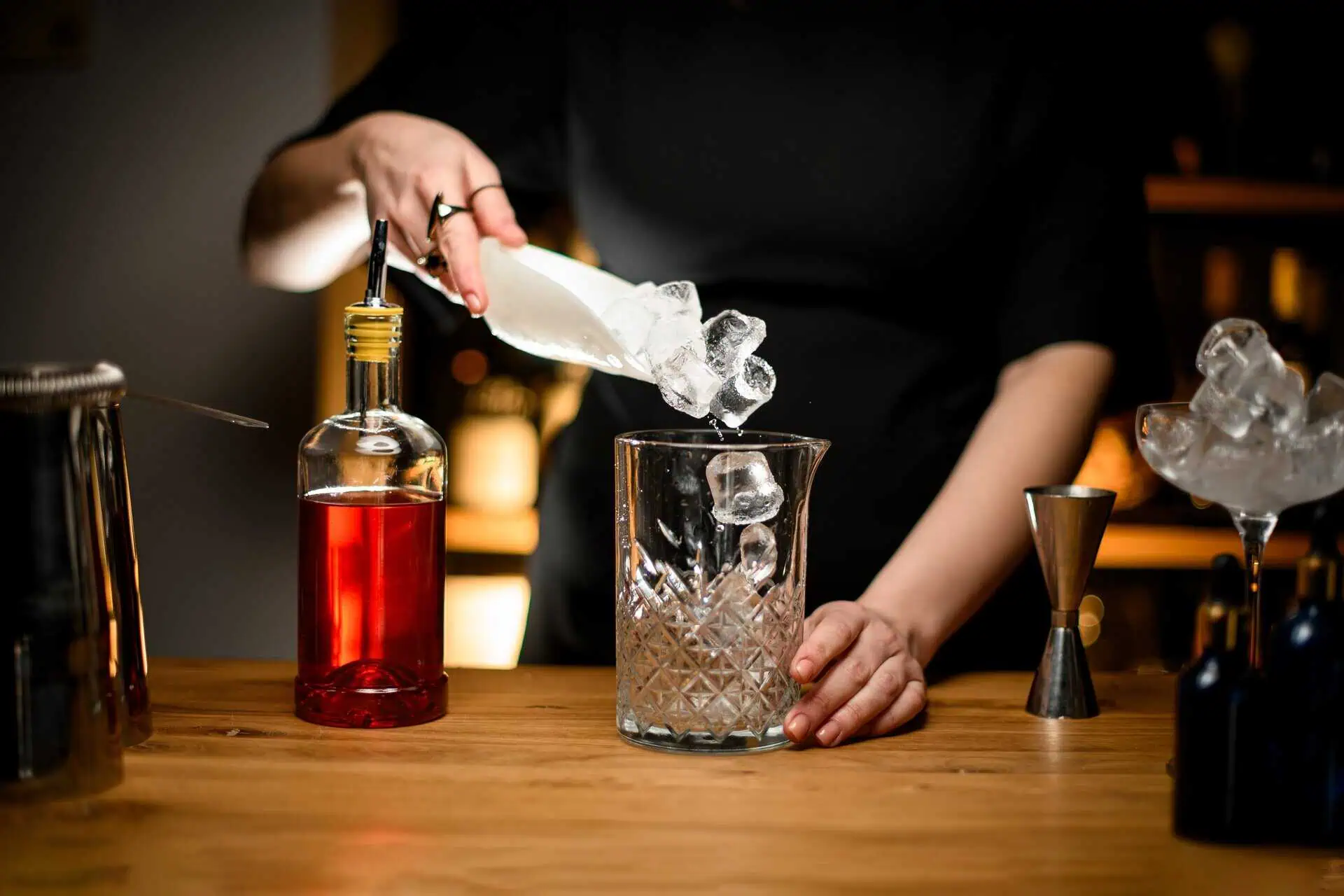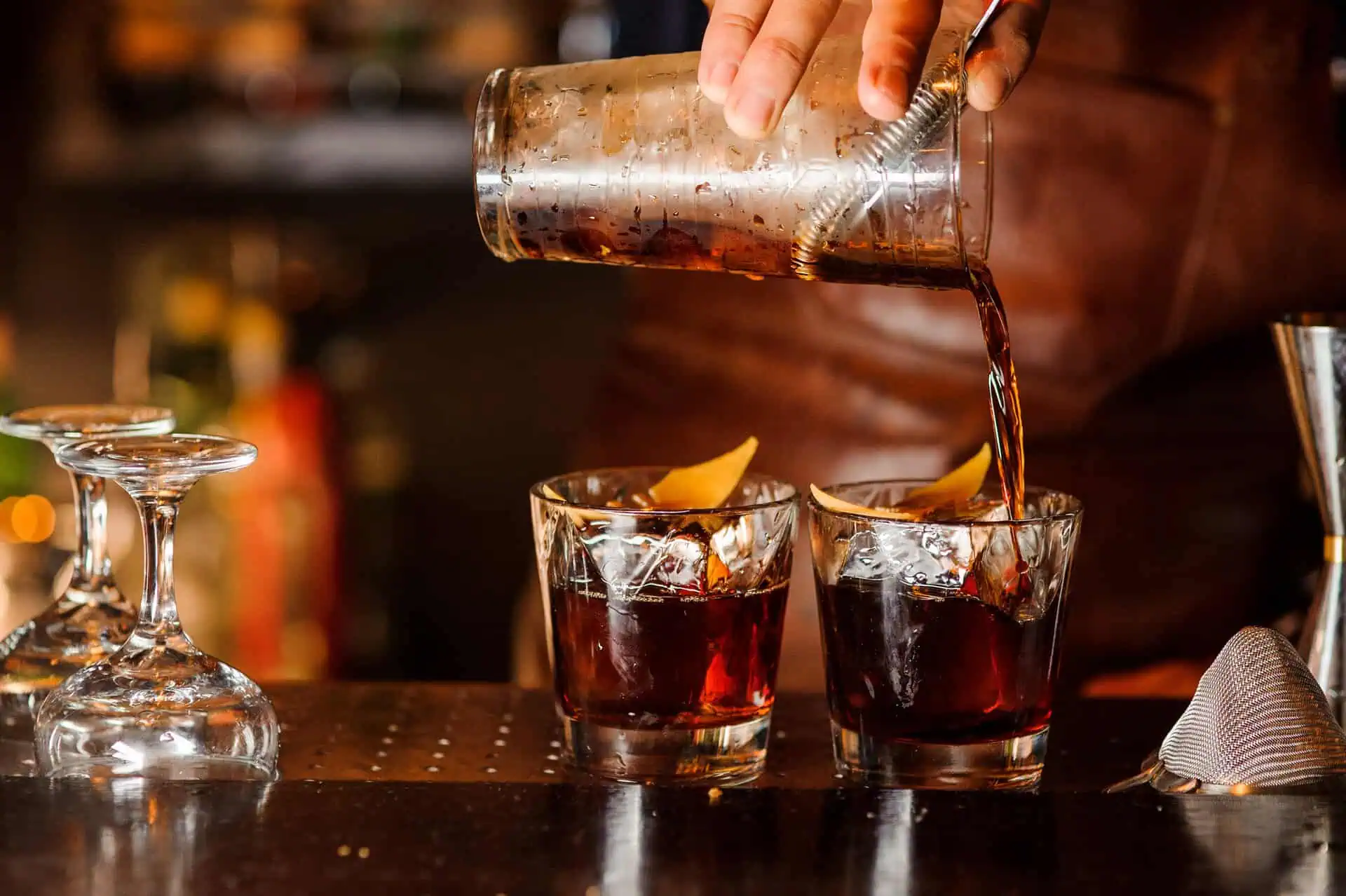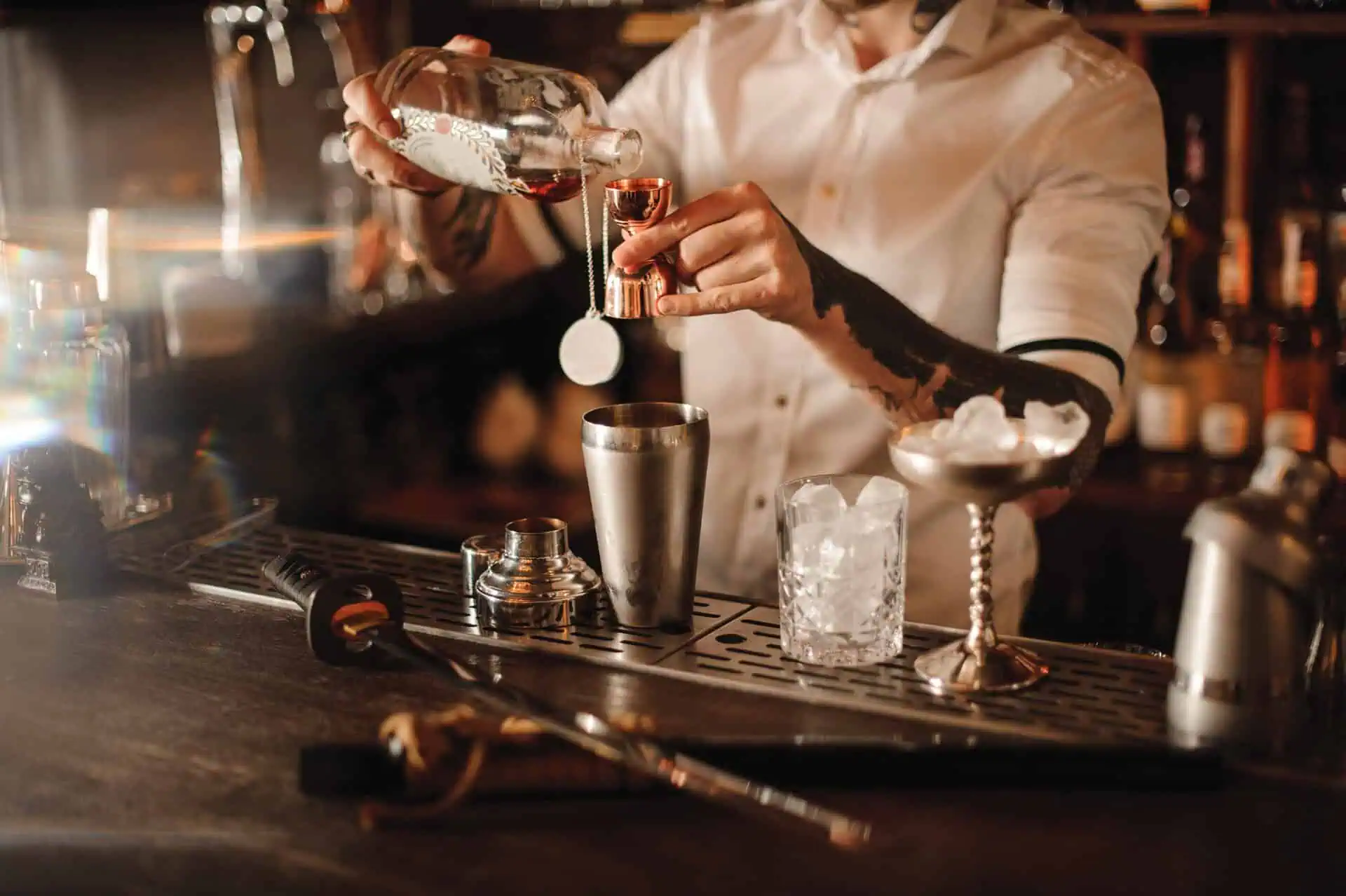If you’re a business owner or event host in New Hampshire, understanding the difference between host and liquor liability insurance is crucial. These coverages are designed to protect you from potential financial losses if alcohol-related incidents occur. However, the specific coverage you need depends on your role and the nature of your operations.
In this article, we’ll break down the key distinctions between host liability and liquor liability, so you can make an informed choice about the right protection for your business or event.

What is Liquor Liability Insurance in New Hampshire?
Liquor liability insurance is designed to protect businesses that manufacture, sell, serve, or distribute alcoholic beverages. This type of coverage can help cover costs related to alcohol-related incidents, such as property damage, bodily injury, and legal fees. In New Hampshire, businesses that hold a liquor license, like bars, restaurants, breweries, and caterers, often consider this coverage essential.
Liquor liability policies may vary in terms of what they cover, so it’s essential to work with a knowledgeable insurance agency, like Cunningham Associates Insurance, to customize a policy that fits your unique risks and business operations. Coverage options may include protection against claims of overserving, selling to minors, or failing to prevent alcohol-related accidents. Some policies may also offer legal defense coverage, which can be invaluable in the event of a lawsuit, helping cover attorney fees, court costs, and settlement payments.
What is Host Liquor Liability Insurance in New Hampshire?
Host liquor liability insurance provides protection for businesses or individuals who do not sell or distribute alcohol as part of their primary operations but may serve it occasionally. This coverage is typically included as part of a general liability policy for businesses or included in special event insurance for private gatherings.
For example, if your New Hampshire business hosts a holiday party for employees or a client appreciation event where alcohol is served, host liquor liability can provide protection if an attendee causes an alcohol-related accident after leaving your event. It is often a practical choice for companies that want to reduce their risk without maintaining a full liquor liability policy. Additionally, this coverage is popular among event organizers, wedding planners, and nonprofits that may host fundraising events or charity galas where alcohol is served but not sold directly.
How Do These Coverages Differ in Terms of Risk and Cost?
The primary difference between host and liquor liability insurance in New Hampshire is the level of risk involved. Liquor liability typically comes with higher premiums because it covers businesses that regularly sell or serve alcohol, inherently increasing their exposure to alcohol-related incidents. In contrast, host liquor liability is generally more affordable, as it covers businesses or individuals who only serve alcohol occasionally and without profit.
Additionally, liquor liability policies often require more stringent risk management practices, such as employee training, compliance with New Hampshire liquor laws, and even implementing security measures to prevent alcohol-related incidents. Some policies may also include requirements for staff to complete responsible beverage service training, which can reduce overall premiums and improve coverage terms. Host liquor liability, on the other hand, is often more straightforward and can be added to a general liability policy with relative ease, making it an attractive option for smaller businesses or occasional event hosts.

When Should You Consider Liquor Liability Insurance?
If your New Hampshire business serves, sells, or manufactures alcohol as part of its regular operations, liquor liability insurance is typically a critical component of your risk management plan. This includes bars, restaurants, nightclubs, breweries, wineries, and liquor stores. Even businesses that only serve alcohol occasionally, like caterers or event venues, should consider this coverage to protect against potentially costly alcohol-related claims.
It’s also important to consider liquor liability if your business operates in a high-risk setting, such as establishments with live entertainment, late-night service, or outdoor seating, where the risk of alcohol-related incidents can be higher. In these cases, liquor liability coverage can provide essential financial protection against lawsuits, medical expenses, and property damage claims.
When Should You Consider Host Liquor Liability Insurance?
Host liquor liability is a better fit for businesses or individuals who serve alcohol occasionally, such as for corporate parties, charity events, or private gatherings. This type of coverage is often included in general liability policies or special event insurance, making it a cost-effective way to manage risk without investing in a full liquor liability policy.
It’s also a smart choice for community organizations, nonprofits, and businesses that host events where alcohol is provided as a complimentary perk rather than a revenue source. This can include company picnics, employee appreciation events, or community fundraisers where the focus is on socializing rather than alcohol sales.
How Can You Get the Right Coverage for Your Business?
Choosing the right alcohol-related liability insurance can be complex, as coverage needs vary depending on your business model, risk exposure, and local regulations. Working with a trusted insurance agency like Cunningham Associates Insurance in New Hampshire can help you navigate these decisions. Our experienced agents can assess your unique risks, recommend appropriate coverage options, and ensure you have the protection you need.
Ready to learn more about host and liquor liability insurance in New Hampshire? Contact Cunningham Associates Insurance today to discuss your options and get a personalized quote.


